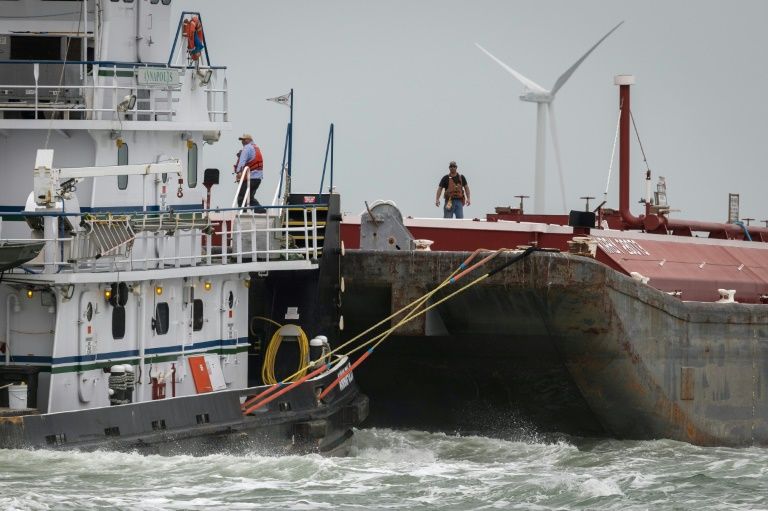Finland and Sweden’s path to NATO membership explained
 NATO logos are seen at the Alliance headquarters ahead of a NATO Defence Ministers meeting, in Brussels, Belgium, October 21, 2021. REUTERS/Pascal Rossignol
NATO logos are seen at the Alliance headquarters ahead of a NATO Defence Ministers meeting, in Brussels, Belgium, October 21, 2021. REUTERS/Pascal RossignolFinland looks set to join NATO soon, with Turkey’s parliament voting to ratify Helsinki’s membership bid even as it keeps Sweden’s application on hold.
The Turkish vote removes the last major hurdle to Helsinki’s accession.
Russia’s invasion of Ukraine pushed Finland and Sweden to apply for NATO membership and abandon many decades of military non-alignment amid the fiercest stand-off between Moscow and the West since the end of the Cold War.
Finland has a 1,300-km (810-mile) border with Russia and would roughly double the transatlantic alliance’s frontier facing Moscow, but both Nordic countries have well-trained militaries and accession would see NATO dominate the Baltic Sea.
Twenty-eight of NATO’s 30 members quickly ratified the Finnish and Swedish applications to join the alliance, which was founded in 1949, but Turkey and Hungary held up the process.
After talks in Madrid last June, Turkish President Tayyip Erdogan agreed with his Finnish and Swedish counterparts on a series of security measures to allow the two Nordic countries to progress in their bid to join the alliance.
But it soon became apparent that clinching the deal would be far from easy, above all for Sweden.
Turkey says Stockholm harbours members of what Ankara considers terrorist groups – a charge Sweden denies – and has demanded their extradition as a step toward ratifying Swedish membership.
Hungary is also holding up Sweden’s admission, citing grievances over criticism of Prime Minister Viktor Orban’s policies. But NATO diplomats say they expect Budapest will approve Sweden’s bid if it sees Turkey moving to do so.
Hungary has already performed a similar move with Finland’s application. Hungary’s parliament approved a bill this week to allow Finland to join NATO after Erdogan declared Turkey was ready to approve that bid.
Turkey’s parliament followed through on Erdogan’s commitment with a vote on Thursday, clearing the way for Finland to join NATO within weeks.
NATO officials and diplomats say they hope Turkey will soften its stance on Sweden after Turkish elections in May.
Here are the key steps in Finland’s and Sweden’s path towards NATO membership so far:
FINLAND AND SWEDEN SUBMIT MEMBERSHIP REQUEST
The applications, letters signed by the countries’ foreign ministers, were formally handed in by Finland’s and Sweden’s NATO ambassadors on May 18, 2022.
ALLIED GOVERNMENTS MEET
Representatives of the 30 allies then met to discuss amid expectations of rapid approval of the membership requests, but Turkey raised objections, halting the process. With the Madrid agreement, these objections were overcome at least initially.
Known informally as taking NATO’s “marriage vows”, officials from Helsinki and Stockholm were questioned as to whether they would uphold NATO’s collective defence pledge that an attack on one ally is an attack on all.
They also needed to agree to pay their share of NATO budgets, take part in NATO defence planning and promise to respect rules on classified information.
NATO officials and governments agreed that Finland and Sweden would be major assets to the alliance, as successful democracies with advanced militaries that meet NATO standards.
FINLAND FORGES AHEAD
All NATO countries must ratify a would-be member’s application before it can join the alliance.
For Finland, Turkish ratification was the final one outstanding. After Turkey’s parliament ratifies, it would be approved by Erdogan and then published in the country’s Official Gazette.
After “deposition of the ratification” by all allies, new members must also deposit their “instrument of accession” at the U.S. Department of State, finally making them full NATO allies.
Finland has already completed the legal ratification process for its own part, ahead of a parliamentary election on Sunday and a corresponding electoral recess which could have otherwise postponed the process by some months.
Finnish leaders have said they expect the remaining process to be finalised within weeks.
SWEDISH UNCERTAINTY
For Sweden, the timeline remains uncertain. Talks between Sweden and Turkey have made little progress, especially following several disputes mainly over street protests by pro-Kurdish groups in Stockholm.
Neither Turkey nor Sweden has yet scheduled parliamentary votes on Sweden’s application. But NATO Secretary-General Jens Stoltenberg has said getting Sweden’s application over the line is a top priority.
He has said he hopes both Finland and Sweden will be members by the time of an alliance summit in Vilnius, Lithuania, on July 11 and 12.
SOURCE: REUTERS











